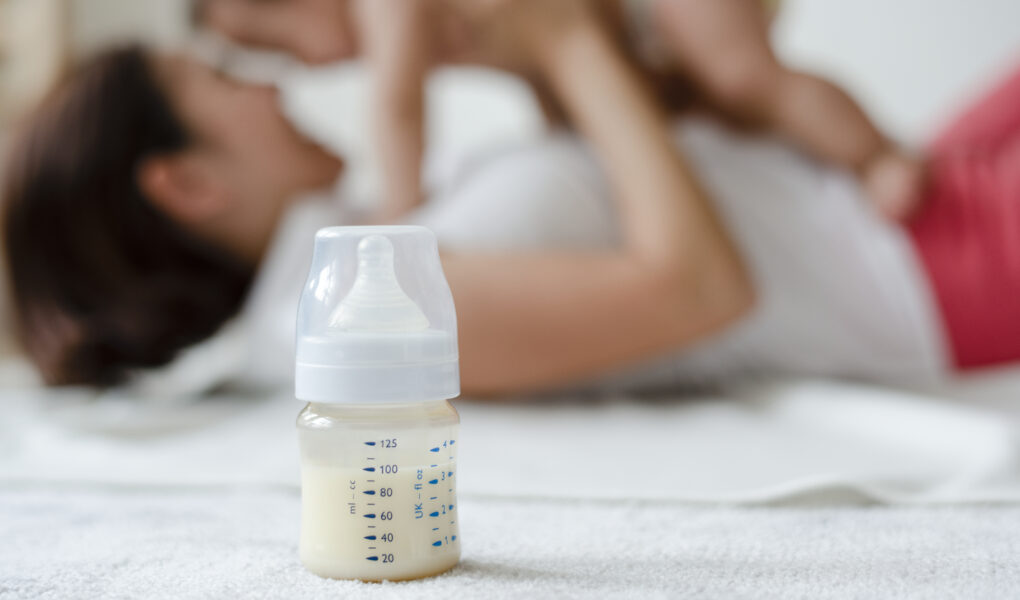Introduction
As a new parent, ensuring the best nutrition for your newborn is crucial, and breast milk provides a wealth of benefits for your baby’s health and development. Properly storing breast milk is essential to preserve its nutritional value and safety. In this blog post, we’ll address the top 10 most asked questions related to breast milk storage, as frequently seen on platforms like Quora, Reddit, and industry forums. From recommended storage guidelines to handy tips, we’ll provide informative and engaging answers to help you navigate this important aspect of caring for your little one.
1. How Long Can I Safely Store Breast Milk?
Breast milk can be safely stored at different temperatures based on how it is collected:
- Room Temperature: Freshly expressed breast milk can be kept at room temperature (around 77°F or 25°C) for up to 4 hours without compromising its quality. However, it’s essential to store it in a clean container and away from direct sunlight or heat sources.
- Refrigerator: When stored in a refrigerator (at around 32-39°F or 0-4°C), breast milk can remain safe for up to 4 days. It’s advisable to store it at the back of the refrigerator rather than in the door to maintain a consistent temperature.
- Freezer: For long-term storage, breast milk can be frozen. In a regular freezer (0°F or -18°C), breast milk can last for up to 6 months, while in a deep freezer (-4°F or -20°C), it can remain safe for up to 12 months.
2. How Should I Store Breast Milk?
To ensure the safe storage of breast milk:
- Use BPA-free containers or breast milk storage bags designed for freezing.
- Label each container with the date and time of expression to prioritize using the oldest milk first.
- Leave some space at the top of the container to allow for expansion when freezing.
- Avoid storing breast milk in the refrigerator door, as temperature fluctuations may occur.
3. Can I Mix Freshly Expressed Breast Milk with Previously Expressed Milk?
Yes, you can combine freshly expressed breast milk with previously expressed milk, as long as both have been properly stored at the same temperature. However, ensure that the freshly expressed milk is cooled to the same temperature as the stored milk before mixing them together.
4. Can I Reheat Expressed Breast Milk?
Yes, you can gently reheat expressed breast milk, but it’s essential to do so carefully to preserve its nutrients. Avoid using the microwave, as it can create hotspots and damage valuable components in the milk. Instead, place the container in a bowl of warm water or use a bottle warmer to slowly thaw and warm the milk. Swirl the container gently to ensure even heating.
5. Can Thawed Breast Milk Be Refrozen?
It’s best not to refreeze thawed breast milk. Once breast milk has been thawed, it should be used within 24 hours, even if it hasn’t been fully consumed by the baby. Discard any leftover milk after each feeding session to maintain its safety and quality.
6. How Do I Store Pumped Breast Milk at Work?
When pumping breast milk at work, store it in a cooler with ice packs or in a refrigerator if available. Make sure to label each container with the date and time of expression. Breast milk can be stored in a cooler with ice packs for up to 24 hours, and if refrigeration is available, it can be stored for up to 4 days.
7. Can I Store Breast Milk in the Freezer Door?
It’s not recommended to store breast milk in the freezer door, as the temperature in this area may fluctuate more than in the main compartment of the freezer. Instead, store breast milk toward the back of the freezer, where the temperature remains more stable.
8. Can I Add Fresh Breast Milk to Already Frozen Milk?
It’s best to avoid adding freshly expressed breast milk to already frozen milk. Doing so could partially thaw the frozen milk, leading to a shorter shelf life and potentially compromising the milk’s quality.
9. Can I Use Regular Plastic Bags for Breast Milk Storage?
Regular plastic bags are not recommended for breast milk storage, as they may not be designed to withstand freezing temperatures and may not be BPA-free. Use breast milk storage bags specifically designed for freezing to ensure the safety and quality of the milk.
10. Can I Reuse Breast Milk That Wasn’t Fully Consumed?
It’s generally not advisable to reuse breast milk that was not fully consumed by your baby. Bacteria from your baby’s mouth can contaminate the milk during feeding, making it unsafe to save for a later feeding. It’s best to discard any remaining breast milk after each feeding.
Conclusion
Properly storing breast milk is essential to maintain its nutritional value and ensure your baby’s well-being. By understanding the recommended storage guidelines and implementing safe storage practices, you can make the most of this precious resource and provide your little one with the best nutrition from your breast milk.



